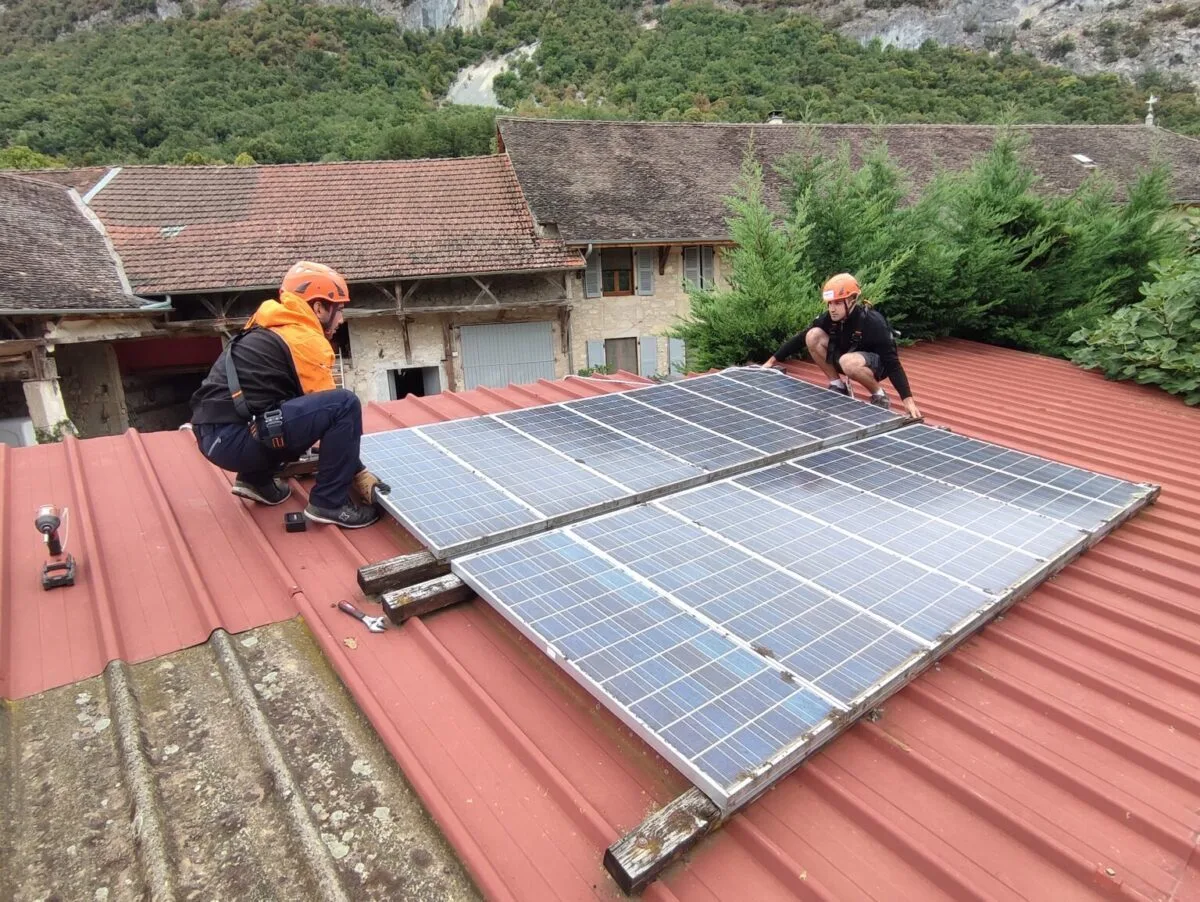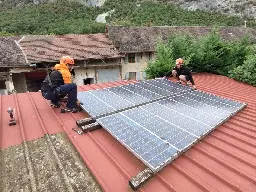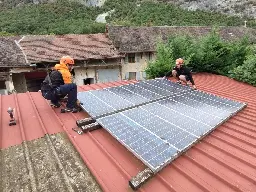Solar modules deployed in France in 1992 still provide 75.9% of original output power
Solar modules deployed in France in 1992 still provide 75.9% of original output power

www.pv-magazine.com
Solar modules deployed in France in 1992 still provide 75.9% of original output power



